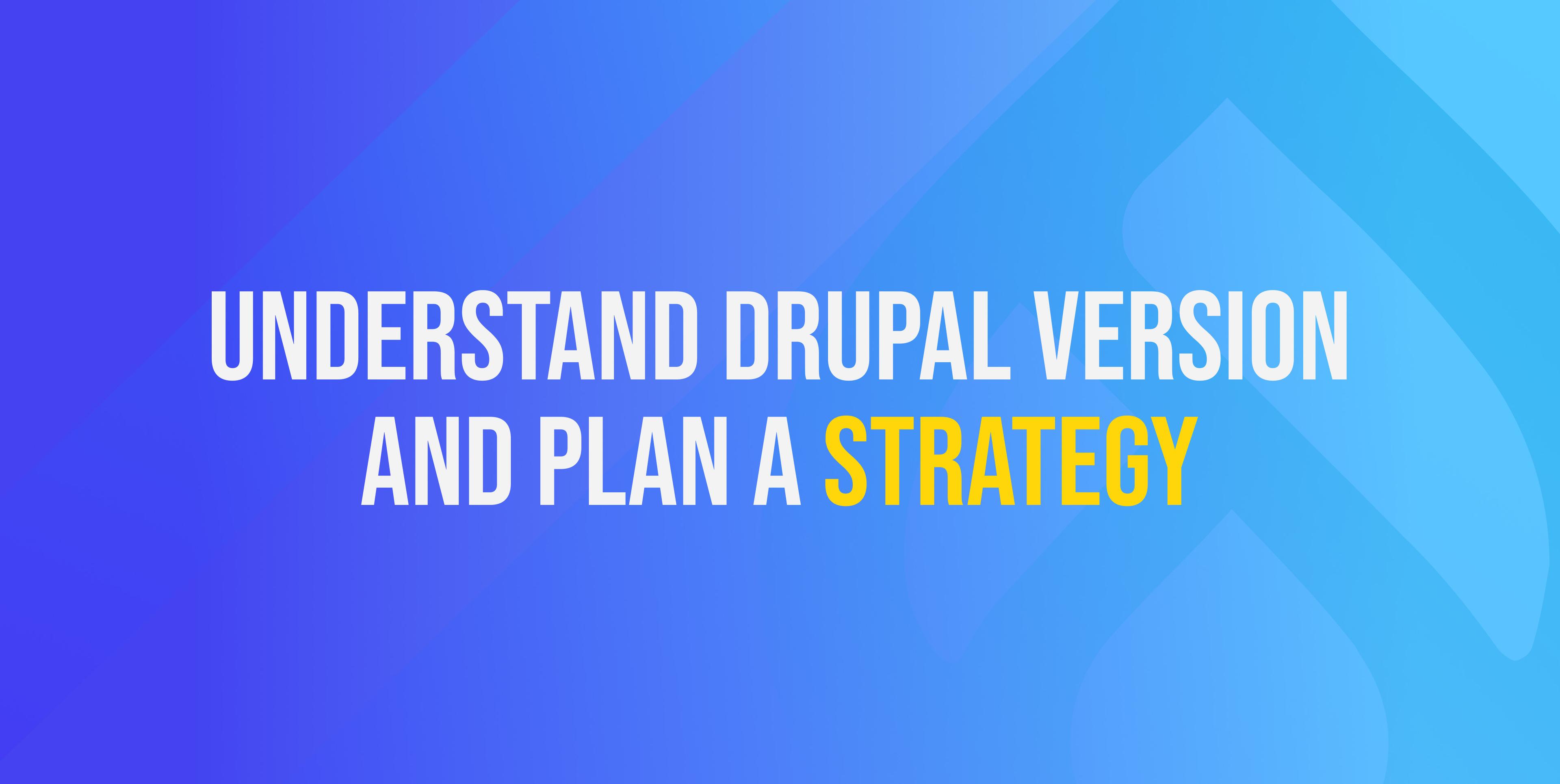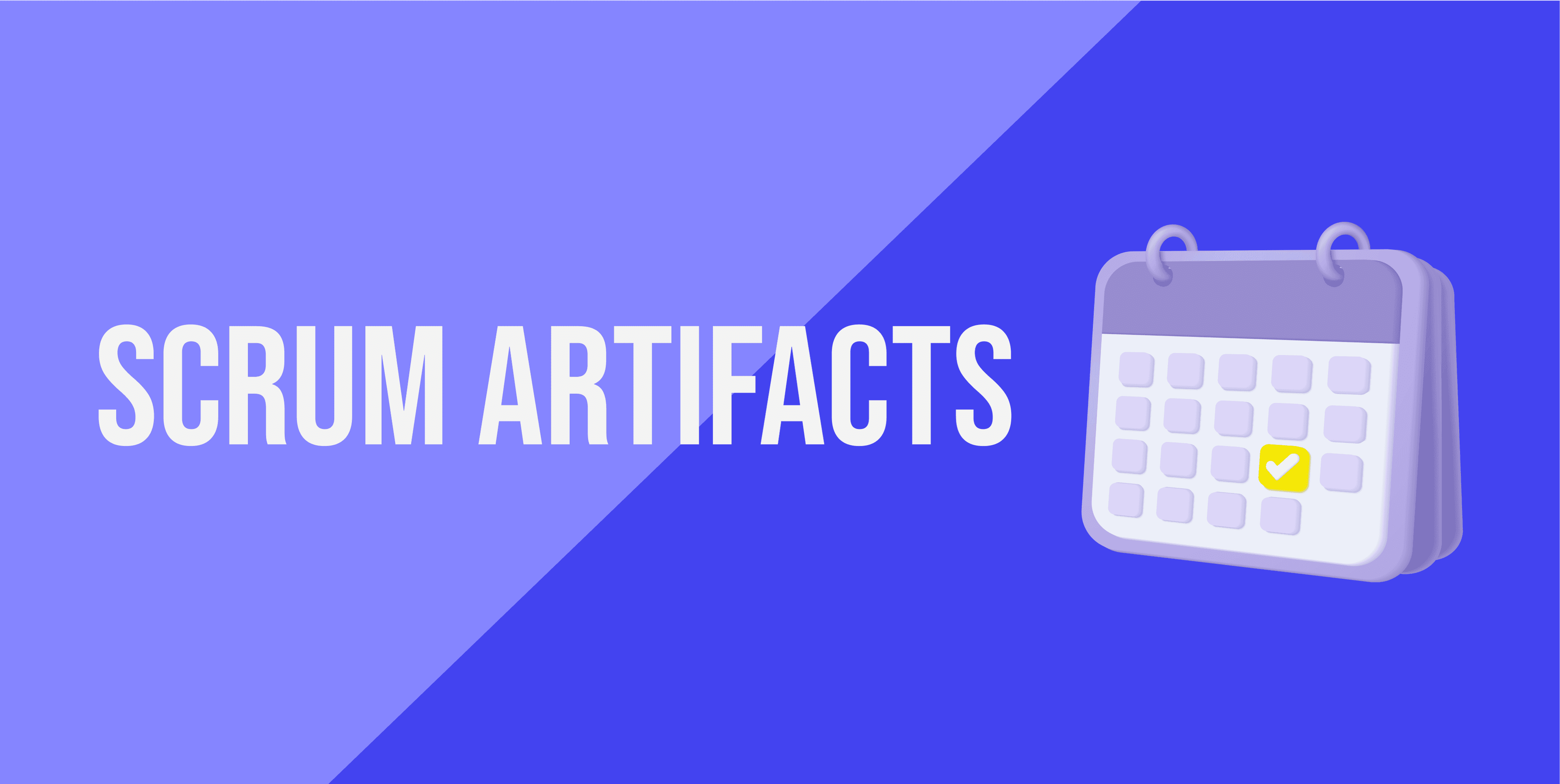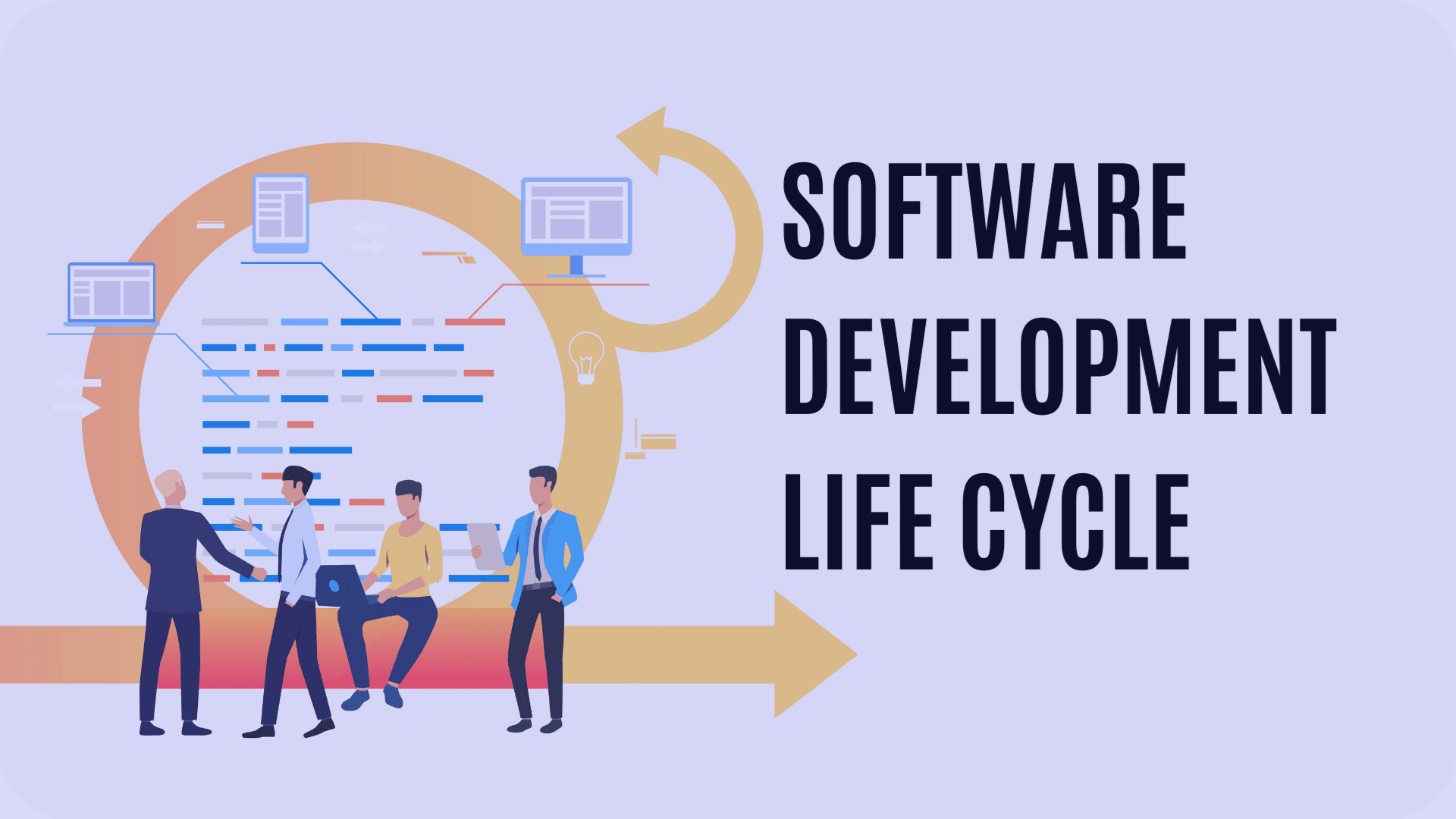Share this article:
Understand Drupal versions and plan a migration strategy
Head of Delivery

Drupal core, modules, themes
Drupal is a content management system that runs on top of PHP, a web server, and a database server, among other things. Drupal's functionality is also extended through modules, which may be produced and maintained by the Drupal community or custom modules created by a development team for a specific client use case, which makes it even more desirable to many users. The components are then implemented using themes, which provide structured and stylized HTML with the necessary supporting elements such as CSS, JS, images, videos, and other resources. These elements, when combined, can create strong and dynamic websites that meet the specific needs of diverse site users. In a continually evolving and growing web technology environment, however, these components cannot remain static. Performance and functionality are always increasing, raising user expectations at the same time.
To respond to the users' expectations and their community, Drupal constantly tries to evolve and releases new versions that correspond to their needs. However, this also means that previous versions reach their end-of-life date, because as they get older, more faults arise, as they were not designed for how users access content today.
Drupal core versions
The current Drupal core version is Drupal 9. It was published alongside Drupal 8.9, and it's a minor update of Drupal 8 with long-term support (LTS). Drupal 9's updated dependencies and removal of deprecated code are the only differences between 8 and 9. Check out the release cycle overview for more details. On theory, the migration from Drupal 8 to Drupal 9 could often be considered as a minor update. However it's a matter of the website code quality and maintenance regularity.
What end-of-life means for Drupal's previous versions?
The support for Drupal 8 ended on 2 November 2021, while Drupal 7 will reach its end-of-life in November 2023. But what does this mean for your website if it does not have the latest Drupal version?
This certainly does not mean your website will suddenly vanish but there are a couple of important factors that you have to consider when thinking whether or not you should make the step towards an up to date website:
- The community's assistance will be terminated. There will be no more security updates or patches.
- Support from the Drupal Association will be discontinued.
- The Drupal Security Team will no longer provide automated testing services or updates.
- Third-party systems are likely to flag Drupal 7 and 8 websites as unsafe once they reach their end-of-life date.
- You'll be on your own when it comes to security upgrades, maintenance, and bug patches for your code if you don't make the switch in time. This can be time consuming, aggravating, and will almost certainly result in increased expenditures.
Benefits of migration
Enhanced security
Security releases, which assist in safeguarding your website from numerous vulnerabilities, are one of the advantages of Drupal 9's long-term official support. D9 is also free of obsolete code and runs on the latest version of PHP, which is crucial for security.
Better performance
Drupal 9 includes the most recent releases of third-party modules and components (such as Symfony, Twig, and others) that increase the performance of your website. Furthermore, Drupal 8's strategies for improving website speed make a significant difference. By integrating JavaScript frameworks into the new architecture, you can develop ultrafast experiences.
Integration is more welcome
Drupal 9's strategic aim is to continue to improve its readiness for new device and application integrations. Consider having your content available on both your website and your mobile app.
The cost of doing nothing
While the desire to wait may still exist, there is a not-so-invisible cost to doing nothing. With the end of life for Drupal 7 approaching and with the end of support for Drupal 8, there are risks in not updating to the most recent version.
Security
An out-of-date version of Drupal will need to be checked and tested on a regular basis to verify that no vulnerabilities exist. The larger the website, the greater the financial impact.
Third-party API functionality
Any Application Programming Interface (API), a software mediator that allows two apps to communicate with one another, will stop operating if it becomes out of date. A non-functional shopping cart API or Membership platform API can have a significant impact on business.
Ongoing Maintenance and Support
Finding developers willing and competent to maintain an outdated version of Drupal will become more difficult over time. The most competent developers will likely move on from outdated software, making it more difficult – and certainly more expensive – to find developers to work on older versions.
In other words, maintaining your Drupal 7 or 8 website will be far more expensive than upgrading to the current version.
SUBSCRIBE TO OUR NEWSLETTER
Share this article:


.png&w=3840&q=75)








